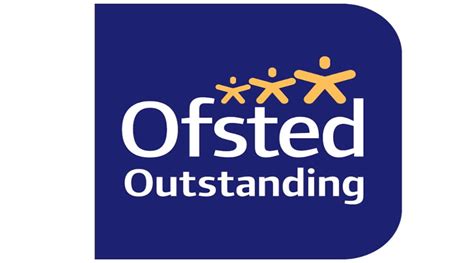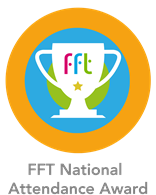Maths
A Mastery approach ensures that our children have a full and thorough understanding of a concept before moving on.
Giving our children a secure understanding and love of maths is vital for enjoyment and success in life. As a Unicef Rights Respecting School we understand that this is the right of the child (Article 28). To support the rights of the child we are committed to following a Mastery approach of teaching. We ensure that each child is given the correct learning steps to ensure their progression through the curriculum. A Mastery approach ensures that our children have a full and thorough understanding of a concept before moving on.
The key maths principles that drive our maths curriculum have been written by the staff with the aid of the latest research from the EEF (Education Endowment Fund), the NCETM (National Centre for Excellence in the Teaching of Mathematics), the Department of Education and Ofsted.
Pupils in Reception, Year 1 and Year 2 develop a sound grasp of number via structured teaching from the NCETM Masterning Number programme. Overviews of the content can be found in the downloads section on this page.
Our maths curriculum is underpinned by the concrete-pictorial-abstract approach (CPA). Children of all ages are given the opportunity to support their learning using concrete objects and carefully considered pictorial representations. High quality instructional teaching further supports the teaching of maths. Teachers use a range of explicit instruction, spaced learning, retrieval practice and interleaving to ensure all our children can progress. As a school we are on a journey to ensure that the most cutting-edge metacognitive approaches are used in the classroom. This ensures cognitive load is lowered so optimum learning can take place.
Teacher planning
Long- and short-term planning is supported by the White Rose scheme. The scheme is used as a guide with formative assessment informing teaching. This is to ensure our children get a bespoke maths education allowing them to progress and even exceed national expectations. The teachers take a three-phase approach to maths:
Phase 1 – Highly scaffolded worked examples to ensure that the children get the best foundation to allow them to progress.
Phase 2 – As the children become more secure with a concept we use the F.A.M.E approach.
F is for fading where the final steps of a process are gradually taken away to ensure each step is secure.
A is for alternating where more varied types of questions are asked of the children.
M is for mistakes. The teacher will signpost the children to a mistake or misconception for the children to identify.
E is for explanation. Teachers will scaffold their problem-solving strategies through the framework of ‘Plan your approach, Monitor your Progress and Evaluate your Success.’
Phase 3 – Independent practice is utilised to ensure that the children are now secure with the concept.
Downloads
Mastering Number Reception overview
Mastering Number Year 1 overview
Mastering Number Year 2 overview





